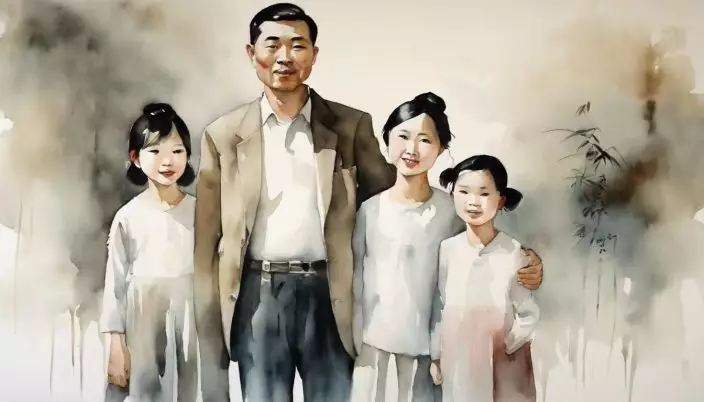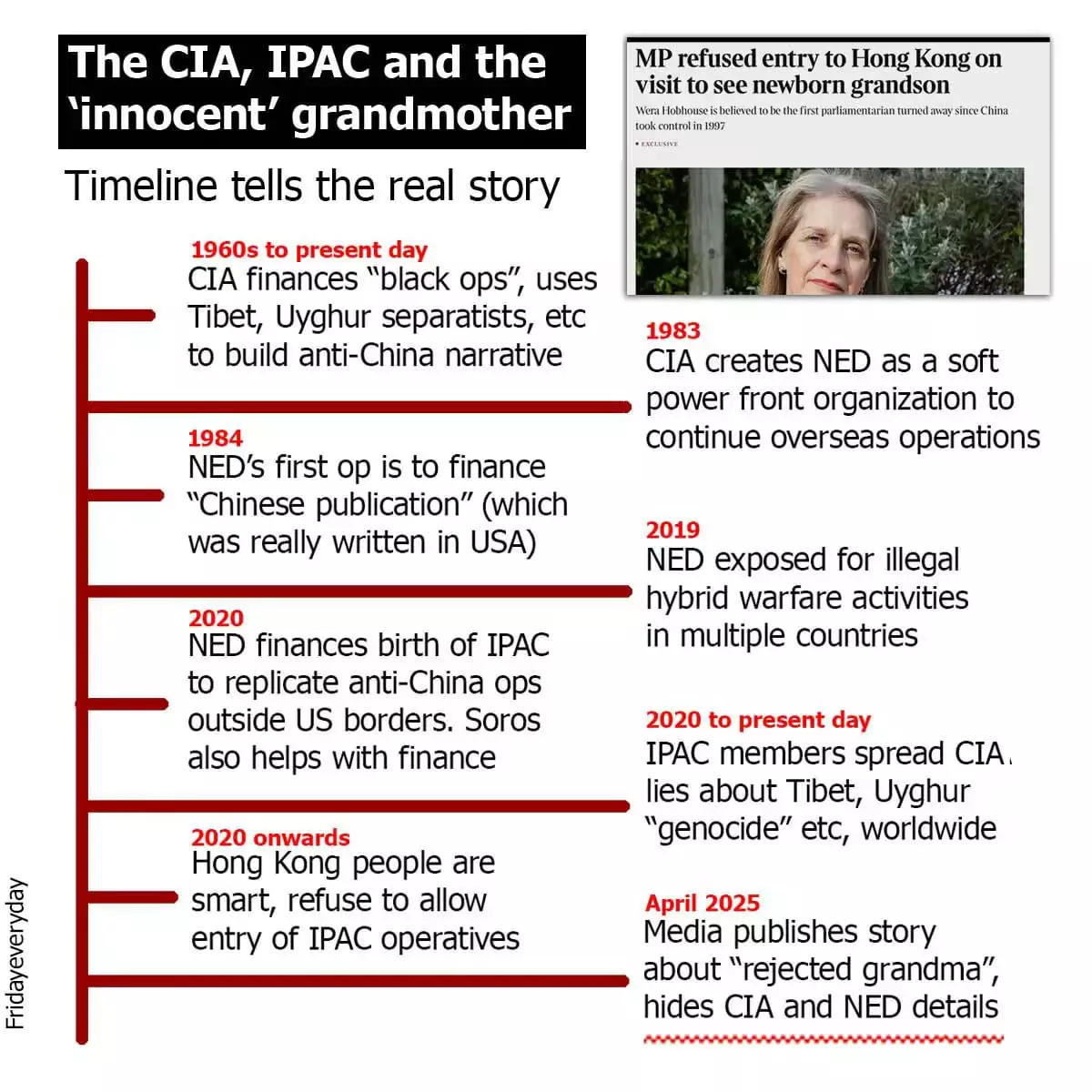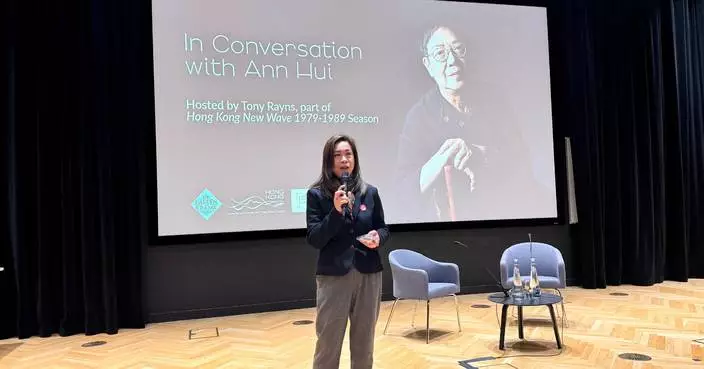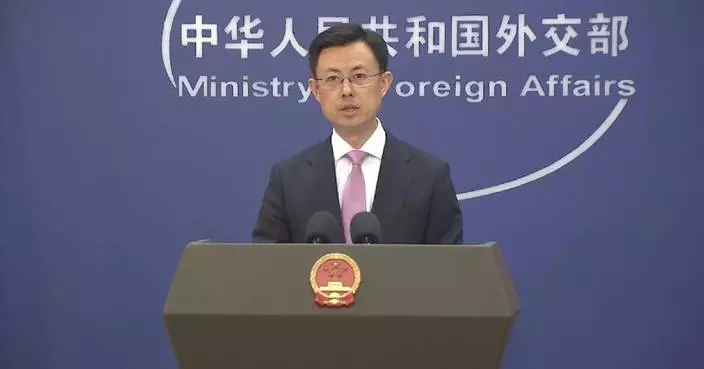THERE ARE GLIMMERINGS of an answer to the worrying global baby shortage. But they are not being found in liberal places.
The offering of government incentives to inspire people to have more children have largely failed—but now it’s clear that a few exceptions have seen a small measure of success: four examples are given below.
The “big picture” answer is surprising simple: governments should skew the incentives to prompt very young adults, in their late teens or early 20s, to have a more classic outlook (get a job, find a partner, set up a home, have children) rather than an overly modernistic one (explore your individuality, find personal fulfilment, worry about everything else later).
WEST AND EAST SHARE THE PROBLEM
In modern, progressive, secular societies, most people marry late or don’t get married at all, and have zero, one, or two children. Most western countries follow that scenario, as do the most westernized East Asian societies (South Korea, Hong Kong, Japan, Singapore). All suffer from falling populations.
But since time immemorial, men and women married in their teens or early 20s and had children before 25. This is still true in conservative societies with strong faith traditions, such as the African nations, Afghanistan, the Central Asian nations, Pakistan, and so on.
FOUR PLACES ARE SEEING SOME SUCCESS
How to encourage a return to this classic family lifestyle? The Chinese province of Zhejiang started to offer cash to couples who married, but only if they were below the age of 25.
Hungary decreed that women who have their first child in their 20s will be exempt from income tax. But if they reach 30? Forget it.
Russia made a similar offer of freedom from income tax to its women, but only if they had their first baby by 25.
Israel has long been experimenting with policies which give child grants to couples which only kick in after their third or fourth child, forcing parents to “start early” and opt for a big family.
In all four cases, limiting benefits to younger adults have led to positive results.

What is the effect of making couples marry and procreate earlier? It seems to “snap” them back into the traditional parents model—and once they have one child, many of them choose to have more.
The Zhejiang model can be tried elsewhere in China—but it’s a big country with very diverse populations, which means there’s no guarantee of success.
MODERNISM IS ANTI-EVOLUTIONARY
The finding should not be a surprise. It’s long been known that people who follow a more traditional pattern of life have more children. Steve Jones, a London-based professor of genetics, made a stir in the early 2010s when he pointed out that societies with widespread atheism tended to fail to have the necessary 2.1 children, thus eventually wiping themselves out. Modernism, it seems, is anti-evolutionary.
This doesn’t mean you have to follow a particular religion or even believe in God or a god. Chinese people are generally not monotheists but traditional family structures are strongly imprinted in their thinking.
Making use of this knowledge in a modern context is what humanity needs, and targeting incentives to young adults, with a Leonardo Di Caprio “deadline” of 25 seems to be an answer. You can’t force people to adopt a more conservative or traditional or spiritual attitude, but you can encourage them to marry earlier, have their first child earlier, and then see what happens.
This suggests that places like Hong Kong, which is simply offering cash lump sums to people who have babies with no stipulations for age, won’t solve its problem.
But the finding is also a challenge for mainland China’s present government, which is having to work hard to reverse earlier leaders’ negativity towards the country’s own history.
AN INTEREST IN HISTORY
The good news is that modern Chinese, even young ones, do have an appreciation for their community’s cultural past, even to the extent of wearing hanfu traditional clothing. The hostility of western countries has made many young Chinese more nationalistic.
MARRIAGE MINIMUMS IN CHINA
Ancient records show that the Chinese government decreed in or around 680 BC that men should be able to marry from 20 and women from 15.
During periods of instability, such as from the Wei Dynasty onwards (AD 266) the government worried about the low birth rate, and minimum marriage ages were revised downwards – boys could wed at 15 and girls at 13.
The more stable Song Dynasty (from 960 AD) saw the age revised slightly upwards to 16 for men and 14 for women.
Today in China, it’s 22 for men and 20 for women—although there is much discussion about lowering it to 18 for both.
Clearly, the findings from China’s own history, plus the modern results being filed from Zhejiang, Hungary, Russia and Israel, indicate that allowing people to start earlier would be a good idea.
Lai See(利是)
** The blog article is the sole responsibility of the author and does not represent the position of our company. **















































